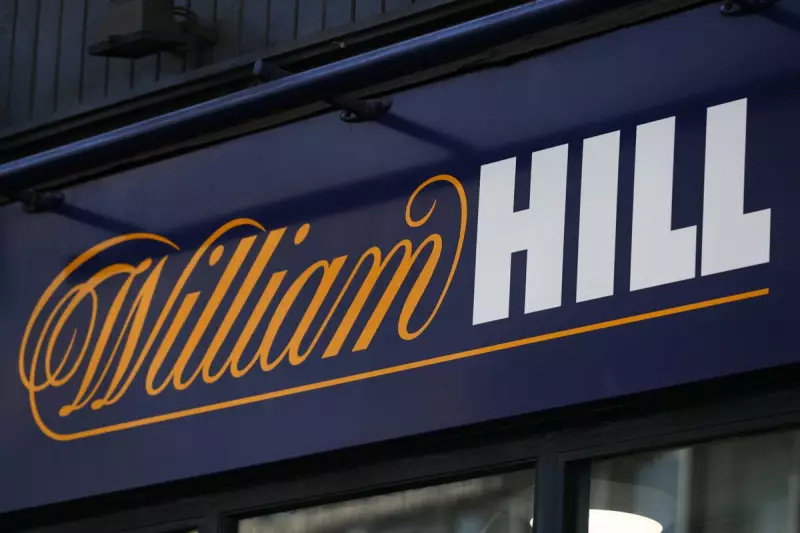
Budget Gambling Tax Shake-Up Sends Industry Reeling
Shares across Britain's betting and gaming sector experienced a sharp decline following the Autumn Budget announcement, which unveiled significant increases in gambling duties. The move, spearheaded by Chancellor Rachel Reeves, sent stocks in industry giants like Entain, William Hill UK, Evoke, and Flutter tumbling downwards on Wednesday.
What the New Tax Changes Entail
The Office for Budget Responsibility (OBR) detailed a two-pronged approach to reforming gambling taxation. The most substantial change is a near-doubling of the remote gaming duty, which will rise from 21 per cent to 40 per cent, effective from April 2026. Simultaneously, the government plans to abolish the existing 10 per cent bingo duty. Furthermore, a new tax tier will be introduced for online betting, with a 25 per cent rate of general betting duty for remote betting starting in April 2027.
Industry Warns of Jobs and Black Market Risks
Betting companies and industry trade bodies have reacted with alarm to the proposed hikes. They have issued stark warnings that such steep tax increases could have severe consequences. Primary concerns include the potential for these measures to drive bettors towards unregulated and illegal black markets, which offer no consumer protections. There are also fears that the financial pressure could threaten thousands of jobs within the sector and force smaller operators to consolidate or cease trading altogether due to unsustainable costs.
Despite the industry's protests, the Treasury is projecting a significant windfall. These tax reforms are forecast to raise an estimated £1.1 billion for the government by the 2029-30 financial year. This policy shift aligns with years of mounting pressure from campaigners and MPs for tighter regulation and higher taxation on the gambling sector, which they argue needs to contribute more to the public purse and address associated social harms.





